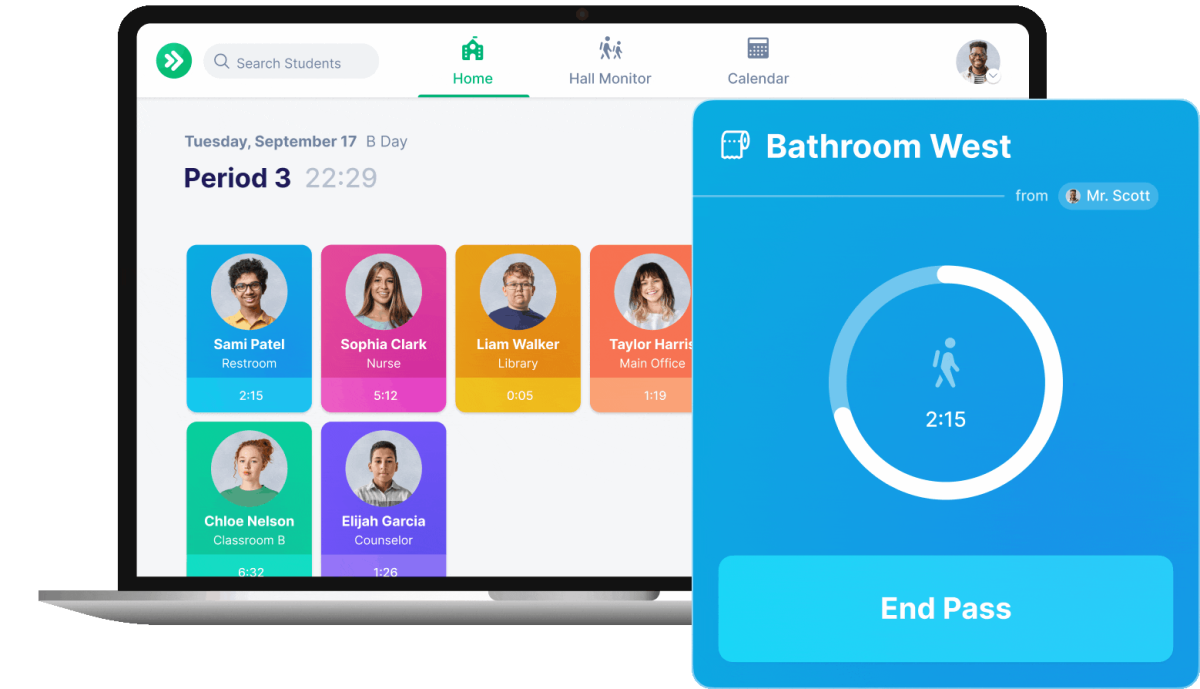I’m sure we have all heard by now, and may have said to ourselves, “I’m just sick of this.” After months of being in the coronavirus pandemic, many people are experiencing pandemic fatigue, the feeling of pure exhaustion due to the virus. Dealing with emotions such as fear, anxiety, loneliness, and hopelessness every day can easily drain a person’s energy. The hope and unity people felt in the spring has now turned into exhaustion and frustration. People are done with putting teddy bears in their windows and drawing rainbows with chalk on their driveways and sidewalks. Many people, if not everyone, are sick of the stay-at-home orders and restrictions. Many people are afraid of getting sick or their loved ones getting sick. Many people are also scared they will lose their jobs, or have already lost their jobs.

The main symptoms of pandemic fatigue include increased irritability, depression, trouble sleeping or oversleeping, overeating or undereating, feeling run-down, and having a lack of motivation. Even though these symptoms are similar to those of a mental health disorder, it is important to note that pandemic fatigue is not a mental health disorder but rather a normal human response to this kind of situation. Humans are naturally social beings, and whether you consider yourself to be an extrovert, introvert or anything in between, it is hard having less face-to-face interaction than usual.
Some people have been using “retail therapy” to cope with pandemic fatigue, so spending money online is greater than ever before. Even though most of the retail industry is facing uncertainty due to the pandemic, several US-based direct-to-consumer-brands selling non-essential items have experienced record-breaking online sales. While online shopping is fun and getting new items can feel exciting, “retail therapy” is not going to take away the distress people are feeling due to the pandemic. If people spend more money than they have, they may end up with significant levels of debt overtime, which can lead to even more stress and anxiety.
Since we are living in uncertain times, it is important that we take care of ourselves physically, mentally and emotionally. Here are 5 healthy ways we can cope with pandemic fatigue. Even though these coping mechanisms are pretty simple, they are effective:
- Create a routine for yourself. Our brains and bodies generally perform better when we have a routine. Without a routine, in just a single day alone, you could be making hundreds of little decisions, and the stress and anxiety will add up. Having a routine can take this pressure off of you, and you won’t have to spend time and energy making little decisions.

- Take a break from or limit your intake of the news and social media. For most people, there is no need to know the daily tally of coronavirus infections and deaths. While I think social media can be used in positive ways and has helped people communicate with each other during quarantine, sometimes it is really nice to take a break from social media. You do not need to know everyone’s opinions surrounding politics, current events, etc. all the time, and mindlessly scrolling through social media is not going to do you any good.
- Get outside. Even though it is getting colder outside, it is still good to spend some time outdoors. A simple walk can reduce feelings of depression and boost your energy level. Taking time to unplug and notice what’s around you can be really therapeutic. Focusing on what’s around you rather than what’s stressing you out can be really helpful during these stressful times.
- Find a new hobby. Finding a new hobby that you enjoy will not only relieve stress, but will give you something to look forward to everyday. If you find a hobby you enjoy, you will feel motivated to make the best of your day, and you will have something to take your mind off of the pandemic. You will also learn more about yourself by trying out new hobbies and finding new hobbies you enjoy, which will be helpful in the long run.
Sources:
https://connect.uclahealth.org/2020/07/07/7-steps-to-reduce-pandemic-fatigue/
https://www.nytimes.com/2020/10/17/us/coronavirus-pandemic-fatigue.html
https://www.psychologytoday.com/us/blog/the-new-normal/202009/depression-and-pandemic-fatigue
https://ketteringhealth.org/mediaroom/articles/index.cfm?x=927
https://www.altamed.org/articles/why-having-routine-during-quarantine-so-important
https://www.flagshipbanks.com/blog/retail-therapy-online-shopping-in-covid-19






























